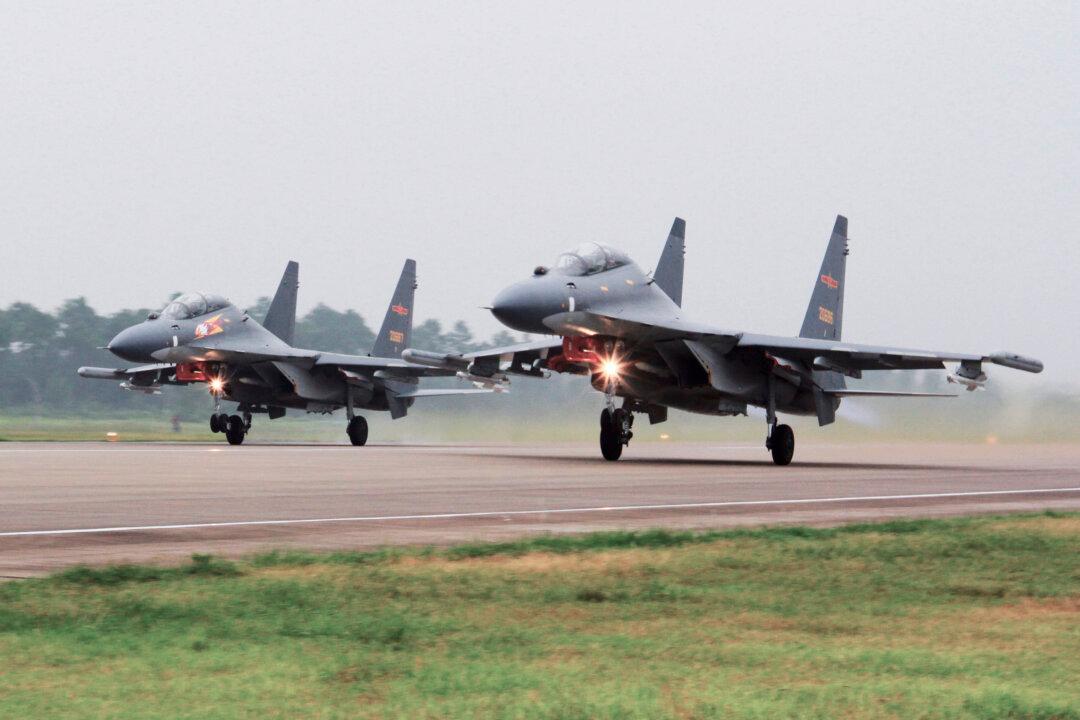What began earlier this month as a routine display of cross-strait harassment resulted in a record-breaking 149 Chinese warplanes transgressing into Taiwan’s air defense identification zone (ADIZ) over the course of four consecutive days, sparking international alarm and outrage.
The incursions, including one incident in which 56 aircraft entered the ADIZ in a single day, were derided by the White House as “destabilizing” and “provocative.”




